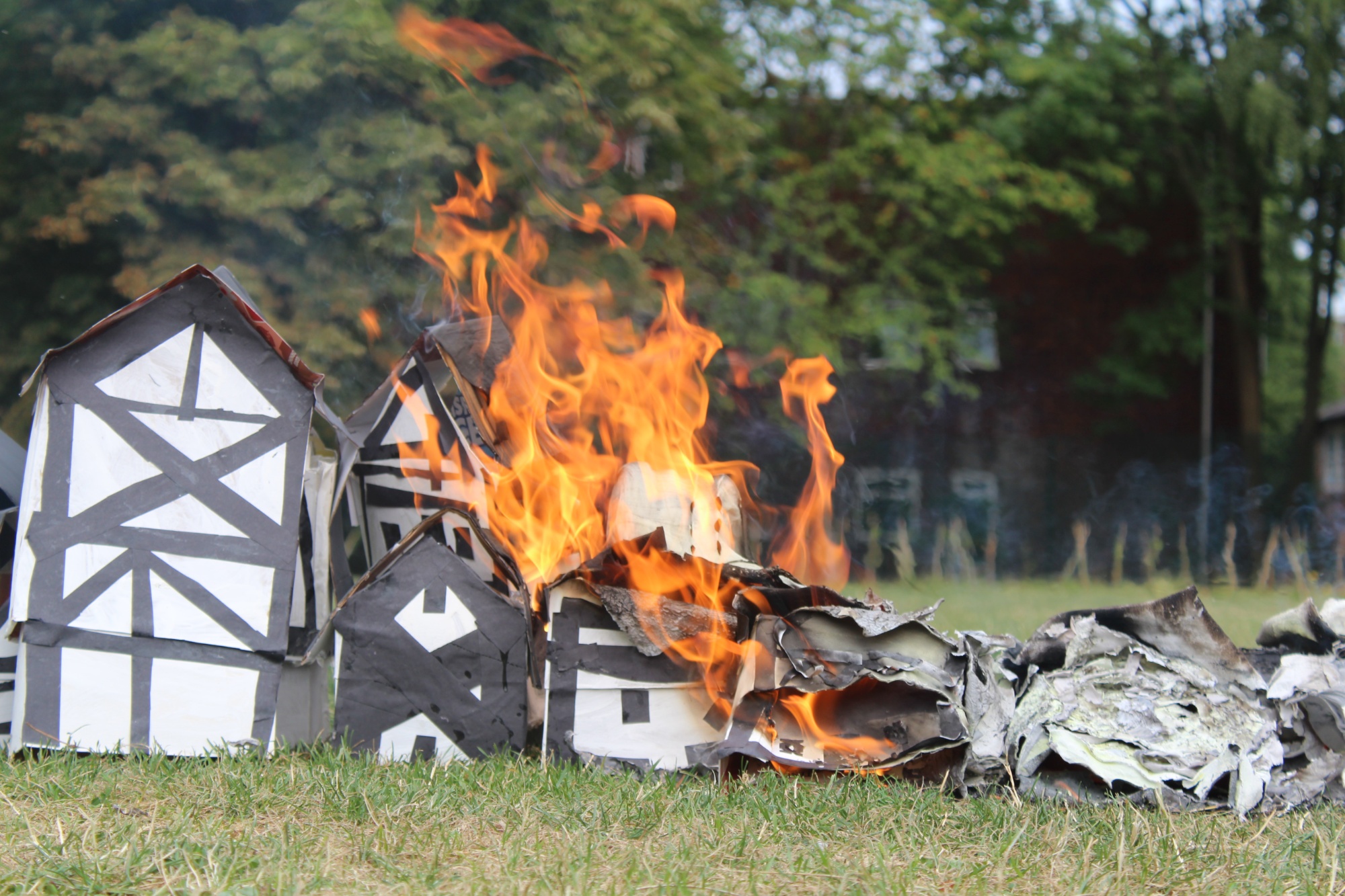History
History at West Didsbury CE
Intent-The history curriculum at West Didsbury CE makes full use of resources within the immediate and wider local area enabling children to develop a deep understanding of the rich history of their locality. The curriculum will enable the children to gain a coherent knowledge and understanding of Britain’s past as well as that of the wider world which helps to stimulate pupils’ curiosity to know more about the past; They are encouraged to ask perceptive questions, think critically, weigh evidence, sift arguments, and develop perspective and judgement; they will begin to understand the complexity of people’s lives, the process of change, the diversity of societies and relationships between different groups, as well as their own identity and the challenges of their time.
Implementation-
We teach history through our five key concepts: Chronological Understanding, Historical Enquiry, Historical Interpretations, Organisation and Communication and Understanding of Events, People and Changes.
In EYFS history is taught through ‘Understand the World.’ They learn about the meaning of past and present, describe differences and similarities between things in the past and present through drawing on their own experiences and what they have read in class. They comment on images of familiar situations in the past and begin to compare and contrast historical figures through stories.
In Key Stage 1 children begin to place events in chronological order and use vocabulary which shows an understanding of past events. They begin to use sources to ask and answer questions about historical events and use artefacts to find out more about the past, as well as describing events from their living memory and beyond. Children are encouraged to use historical vocabulary and record their learning in a variety of ways. They study significant individuals such a Mary Seacole and Amelia Earhart and begin to identify similarities and differences between time periods.
In Key Stage 2 children build on their chronological understanding of Britain by studying time periods from the Stone Age to World War Two. They use historical vocabulary to describe and place events on a timeline and describe the impact key events have had both on our local area and modern-day Britain. Children are taught to make confident use of historical sources, make comparisons between time periods and construct informed responses to historical evidence.
Impact - Topic and literacy books evidence a broad and balanced history curriculum and demonstrate the children’s acquisition of identified key knowledge. Attainment in and attitude towards historical learning are reported to parents annually. Emphasis is placed on analytical thinking and questioning which helps pupils gain a coherent knowledge and understanding of Britain’s past and that of the wider world and are curious to know more about the past. Through this study pupils learn to ask perceptive questions, think critically, weigh evidence, sift arguments, and develop perspective and judgement.


